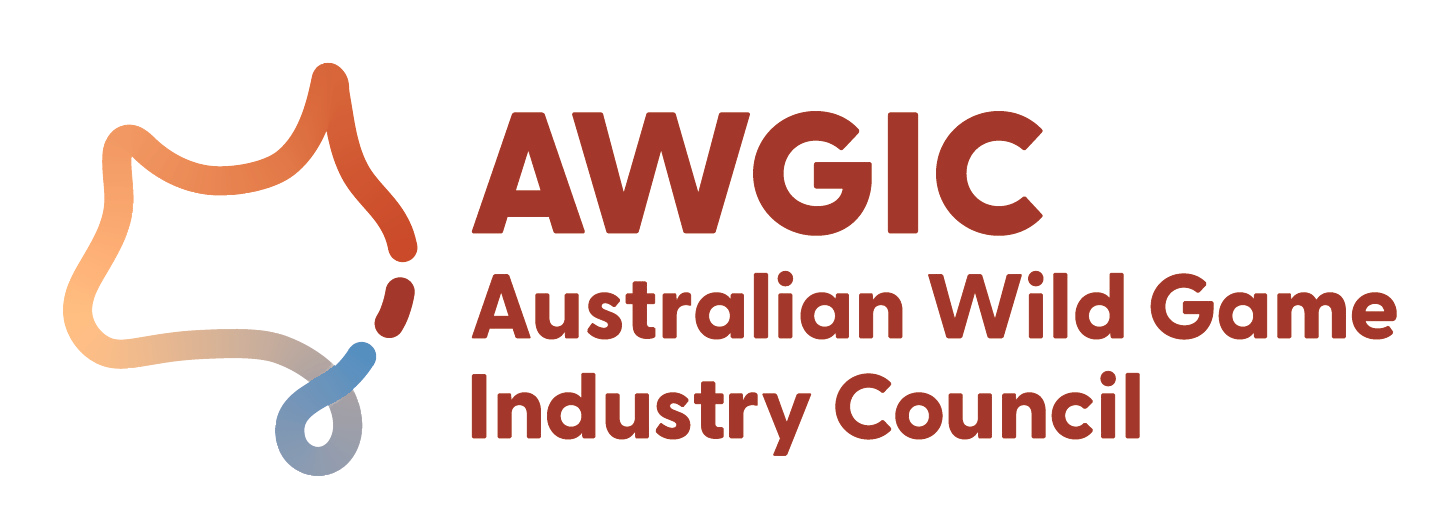Accountable
ACCOUNTABLE
The industry is tightly regulated and monitored
Confidence in the commercial industry and its products relies on its accountability and traceability.
All kangaroos must be harvested in compliance with the National Code of Conduct and with the Australian Standard for the Hygienic Production of Game Meat for Human Consumption as well as a range of other national, state and international standards. Compliance with conservation, animal welfare and food safety regulation is monitored by state and federal government authorities at each stage of the process to ensure standards are upheld.
All population, quota and harvest data is publicly available.
Our products meet world-class standards
The commercial industry upholds some of the strictest health and safety standards in the world in the transport, storage and treatment of animal products.
All harvested kangaroos are processed for meat in government-licenced plants dedicated to game meat processing and are inspected by government or third-party meat assessors before being passed fit for human consumption. The final product is then subject to micro-biological monitoring to ensure it meets government standards for safety. Kangaroo meat is also monitored under the National Residue Scheme to ensure it is not contaminated with agricultural chemicals.
The 2019 audit by the European Commission found that Australia’s commercial kangaroo industry met the EU‘s stringent food safety and animal welfare requirements.
When it comes to kangaroo leather, processors in Australia use world-class clean tanning techniques and only source skins of non-threatened species from sustainable, humane and traceable sources. Through domestic and international certification schemes, such as the Leather Working Group ratings, consumers can easily determine that the source of their leather is sustainable and ethical.
Every kangaroo is traceable
Australia has mandatory tagging and reporting that mean every kangaroo harvested for the commercial industry can be individually traced back to the point of harvest to ensure it was sourced humanely and sustainably.
Tags are only issued to persons who hold a current commercial harvester licence. They are individually and sequentially numbered plastic lockable tags, designed to avoid tampering.
Kangaroos are identified by two tags:
- a tag from the relevant state authority (identifying the licensed harvester, the harvest zone, the property on which the kangaroo was harvested, the issuer and the valid calendar year); and
- a company tag (identifying the licensed harvester, the date, place and time of the harvest, the field chiller, the unique carcass number and the harvester’s signed declaration).
Each kangaroo taken by licensed commercial harvesters must have a tag fixed to it and both the harvester and processor must report to state authorities on a monthly basis. Meat processors are regularly audited by government authorities to monitor tagging and harvesting levels. They release a full report on kangaroo harvest statistics each year.
